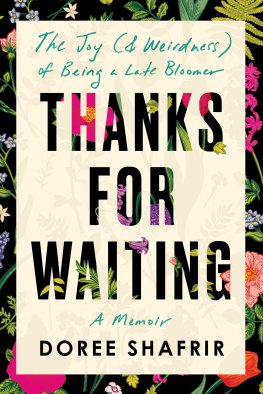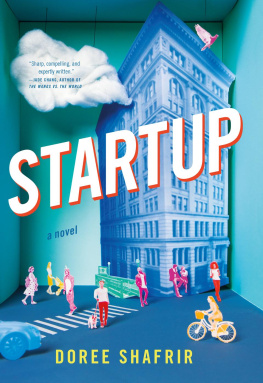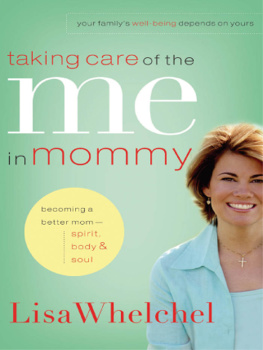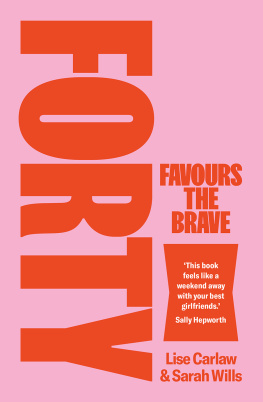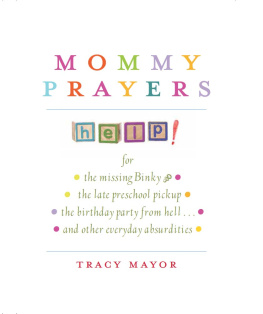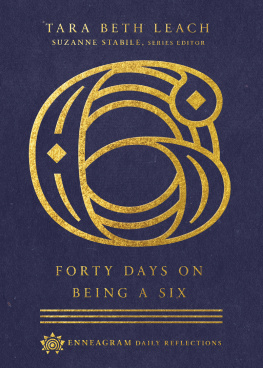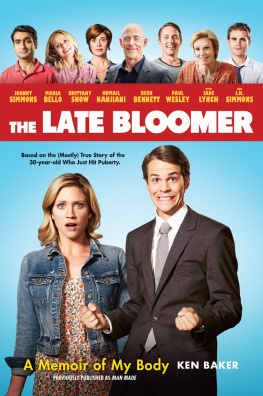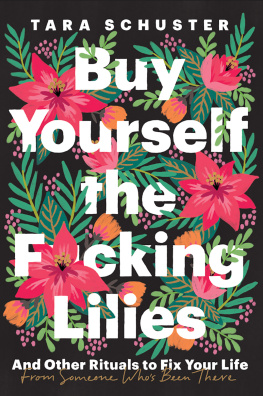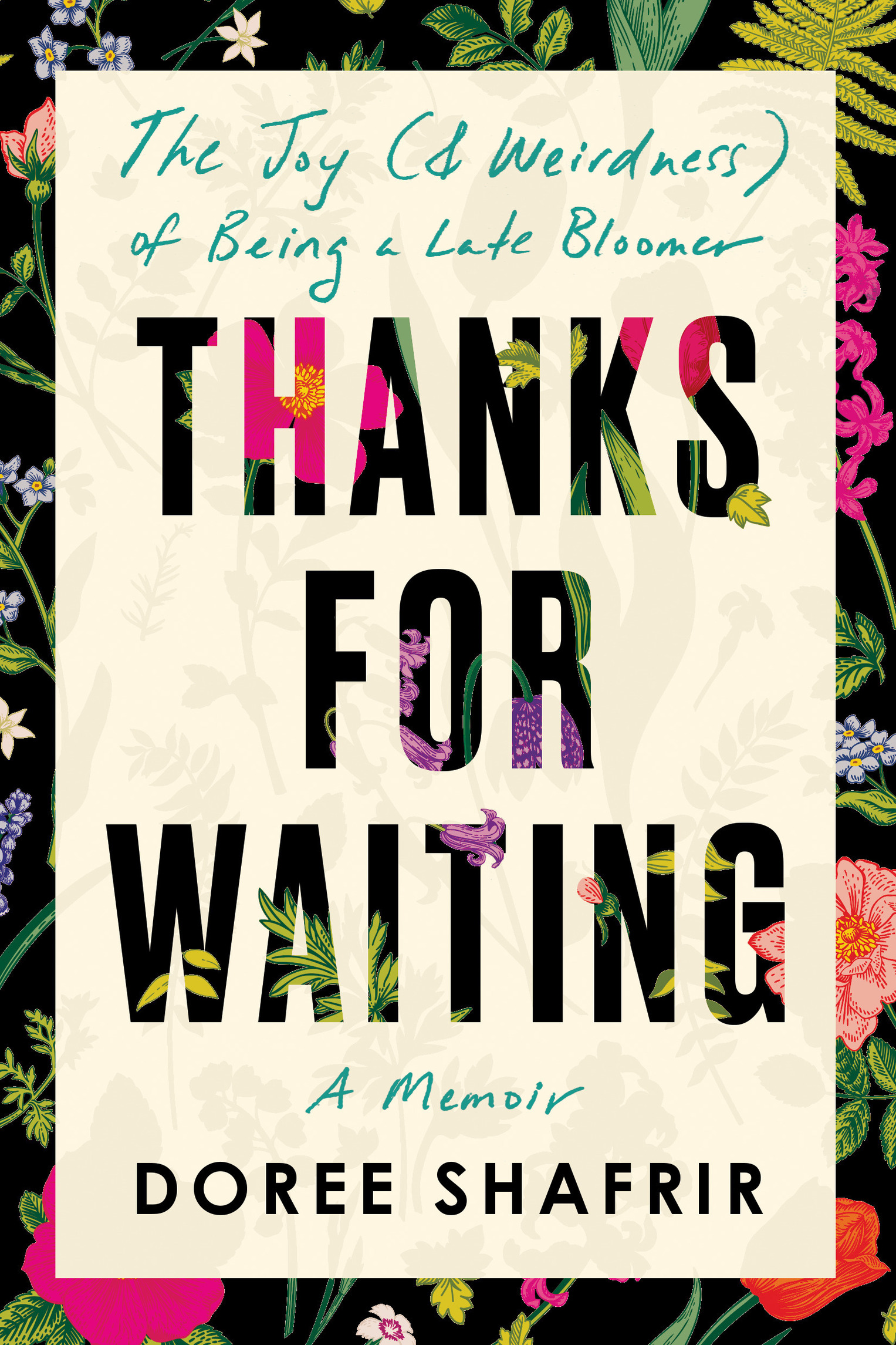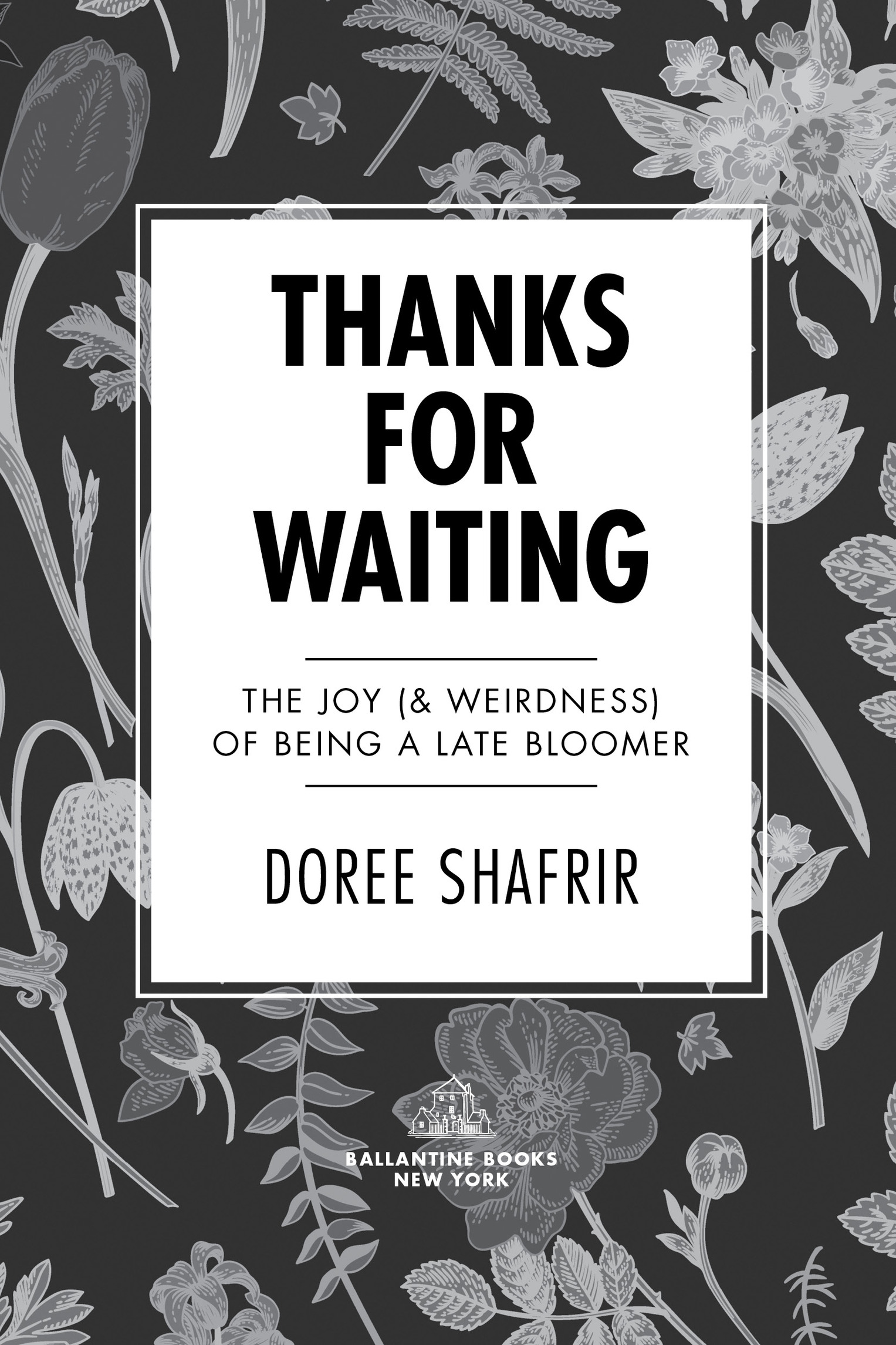All rights reserved.
Published in the United States by Ballantine Books, an imprint of Random House, a division of Penguin Random House LLC, New York.
Ballantine and the House colophon are registered trademarks of Penguin Random House LLC.
INTRODUCTION
I recently came across an email inviting people to my thirtieth birthday party. I wasnt taken aback by the location (a karaoke studio in Manhattans Koreatown) or the guest list (practically everyone Id ever met), but I was shocked by the start time: ten p.m . I tweeted about it, writing, Truly was I ever so young?
The responses surprised me. My friend Caroline wrote, My 30th birthday started at 5 p.m. and it was on a Monday and my invitation clearly stated, I am leaving the bar and going home at 7 p.m . Another woman said hers started at noon. Yet anotherwho has a baby almost exactly my sons age but is ten years younger than mesaid, I was literally never that young.
And then it hit me. Thirty was old to have a late birthday party! But how had everyone else gotten these parties out of their systems when they were twenty-four, if theyd ever had them at all? Meanwhile, on the night I turned thirty, I was blissfully shrieking into a microphone, drunk on cheap beer and too-strong vodka sodas in plastic cups. I wasnt engaged or married or pregnant. I lived in a small basement apartment. I had a job, but less than a year before, I had been an intern.
At the time, not having achieved any of the milestones I associated with being an adult didnt bother me, but as my early thirties turned into my midthirties and then my late thirties, I started to feel like I had been left behind, that everyone elses lives had moved on and progressed, and I was still the female Peter Pan singing a slightly off-key version of Mariah Careys We Belong Together (deceptively tough karaoke song; still brings down the house every time). For men, theres just not as much pressure to do things on a timeline; the image of the man who takes an especially long time to find himself is one that has long been enshrined, even venerated, in our collective cultural consciousness.
But most women arent afforded the luxury of doing things on their own time. The paradox of femininity is that were always either too young and inexperienced, or too old and washed up. As my friend Maris Kreizman once put it on Twitter: Youre told youre young until you turn 35. By the time youre 40 youre over the hill. I had no idea at the time that I would only have 5 years to be the age when I was just a person.
Statistics do, in fact, point to the late thirties as being this turning point, where suddenly, more of your friends will be married, own homes, and have kids. So for those of us who dont hit that trifectawhat then? What if we want those things, but they just havent happened for us, for whatever reason? Or if we dont want those things, but we feel like we should?
Ive wrestled with all these questions. I got married at thirty-eight, had my first kid at forty-one, and undoubtedly will be renting in the very overpriced city of Los Angeles until the end of time. I also feel like I very much did not have my shit figured out at thirty, or forty. Even now, at forty-four, Im still figuring it out, whatever it is.
Long after my thirtieth birthday party, I realized that I always had been, and probably always would be, lateto dating, to sex, to marriage, to motherhood, to finding the kind of work I truly like to do, to being comfortable in my own skin. And so I wanted to write this book as a gentle corrective to the idea that were supposed to do things on a schedule. Im only just becoming the person I was meant to beand that took a lot of self-reflection and more than a little reckoning with the person I have always been. (And to be clear, that person is still a work in progress.)
But this book is not just about coming to terms with being a late bloomer; its also about how I came to deeply appreciate it. Because sometimes coming-of-age happens on our own timeand thats okay.
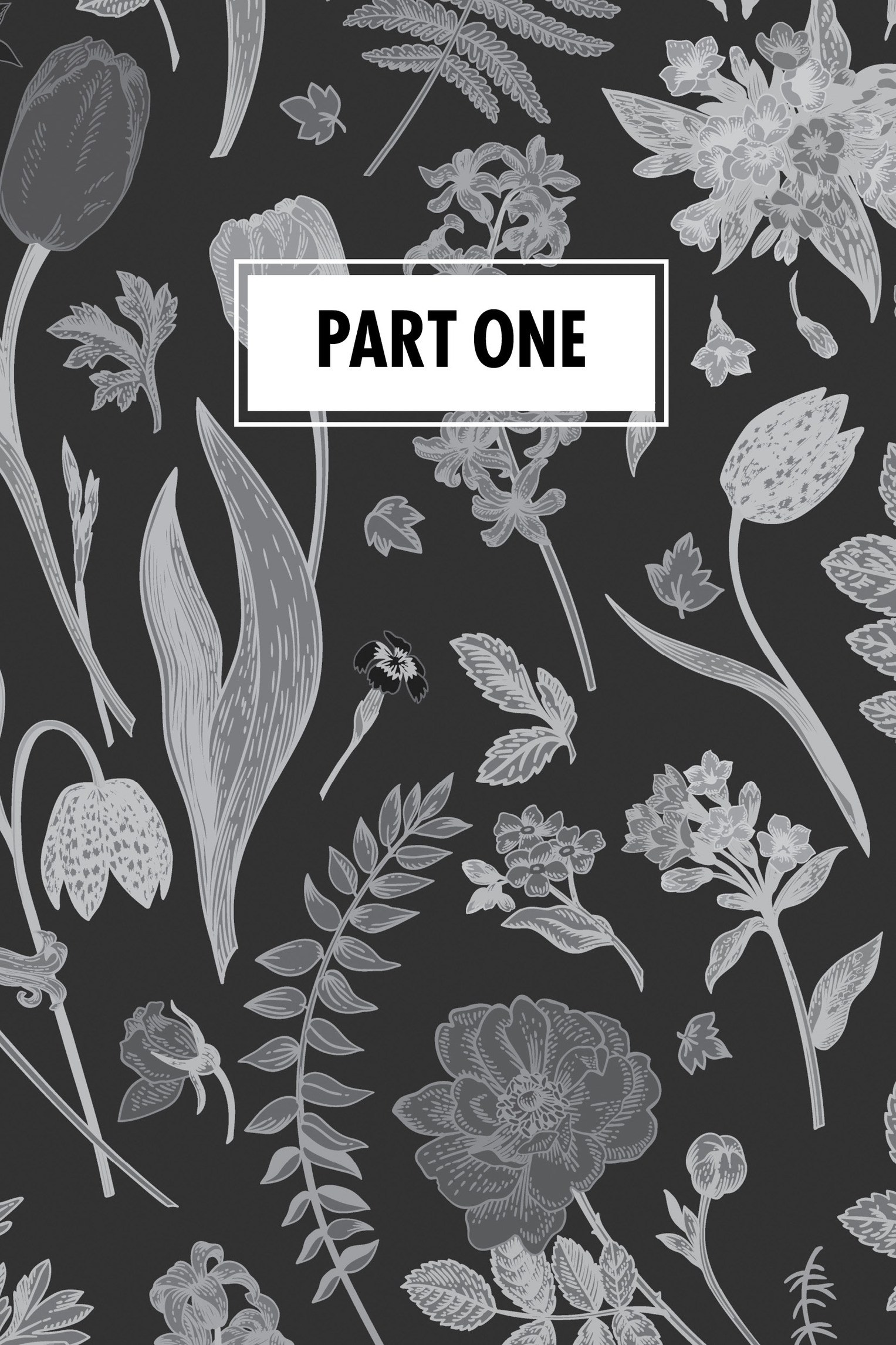
CHAPTER ONE
It was the beginning of June 2009, and maybe the only surprising thing about the layoffs was that they hadnt happened sooner. The economy had tanked the previous fall, the United States was now officially in a recession, and The New York Observer, the newspaper where Id worked for almost two years, was struggling. Its longtime editor, Peter Kaplan, had just quit, and the rumor was that he had chosen this moment to leave because he knew layoffs were imminent and he couldnt bring himself to execute them.
The morning of the layoffs, I went into work with a creeping sense of dread. Peters replacement was his deputy, Tom, whom I didnt have an especially close relationship with, and I worried that as he had made up the list of who would stay and who would go, I was on it.
What would I do if I got laid off? I was thirty-twonot old, certainly, but old enough that I was no longer a cheap hire. And besides, we were officially in the worst recession since the Great Depression. Theyre calling people into Peters old office, I Gchatted my boyfriend, Jon. I just dont have a good feeling about this.
Whatever happens, well figure it out, he responded.
But I didnt want to figure it out. I wanted to keep my jobnot just because getting fired in the middle of a recession is not exactly ideal, but also because getting hired at the Observer had been a dream come true. When I was in college in Philadelphia, I had become obsessed with the paper, an oversized, salmon-colored weekly (Henry Rollins, perhaps apocryphally, had once called it the curiously pink newspaper) where Candace Bushnell had written the Sex and the City column that had become the TV show. The paper, written in a droll, knowing, literary style, portrayed an alluring New York of socialites and magazine editors and hedge funders. I wasnt interested in actually being one of the people they wrote aboutI wanted to chronicle and interpret this world, as a kind of Harriet the Spy of exclusive New York.
I got to write about pretty much anything I wanted: profiles of intense and weird politicians like Anthony Weiner, columns about what it was like when your deadbeat boyfriend got his life together after you broke up, trend stories about nerds who were actually jocks. Since I was a kid growing up outside of Boston Id always been enamored with New Yorkfor my fourteenth birthday, my mom and I drove to Manhattan and had lunch at the Rainbow Room in Rockefeller Center, which I thought was the height of sophistication; it felt like being literally on top of the world.
Now, thanks to my job, I had been given the keys to a New York world that felt exciting and exclusive, and, often, borderline absurd, like a party for a line of wine-related clothing accessories hosted by

